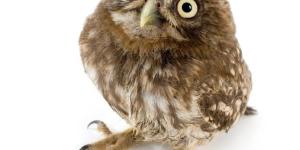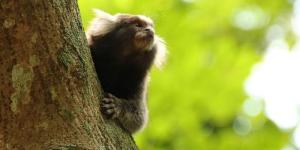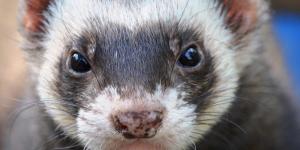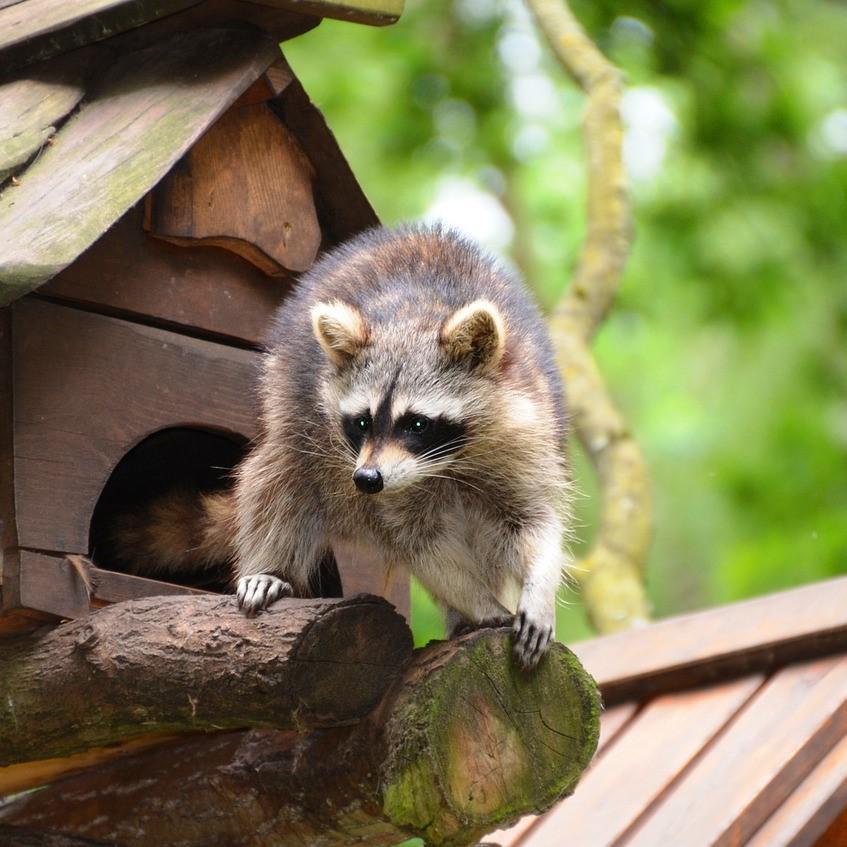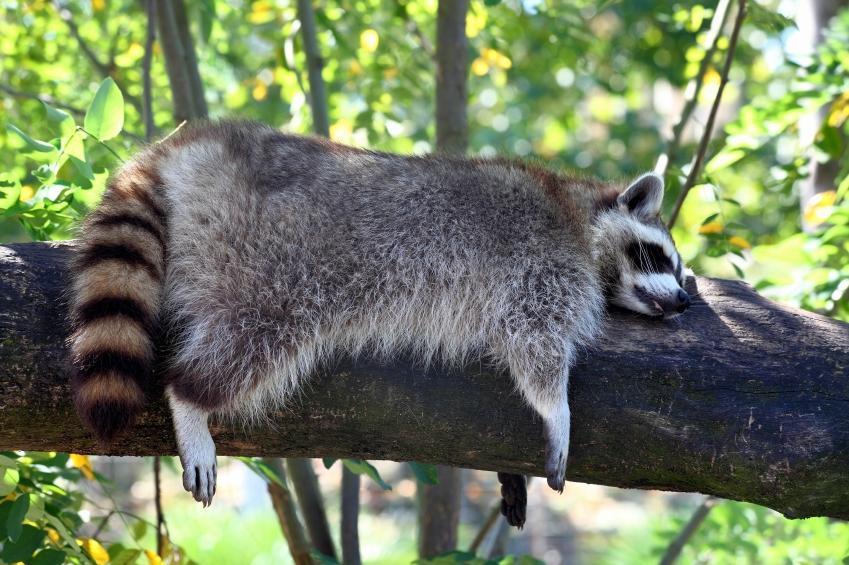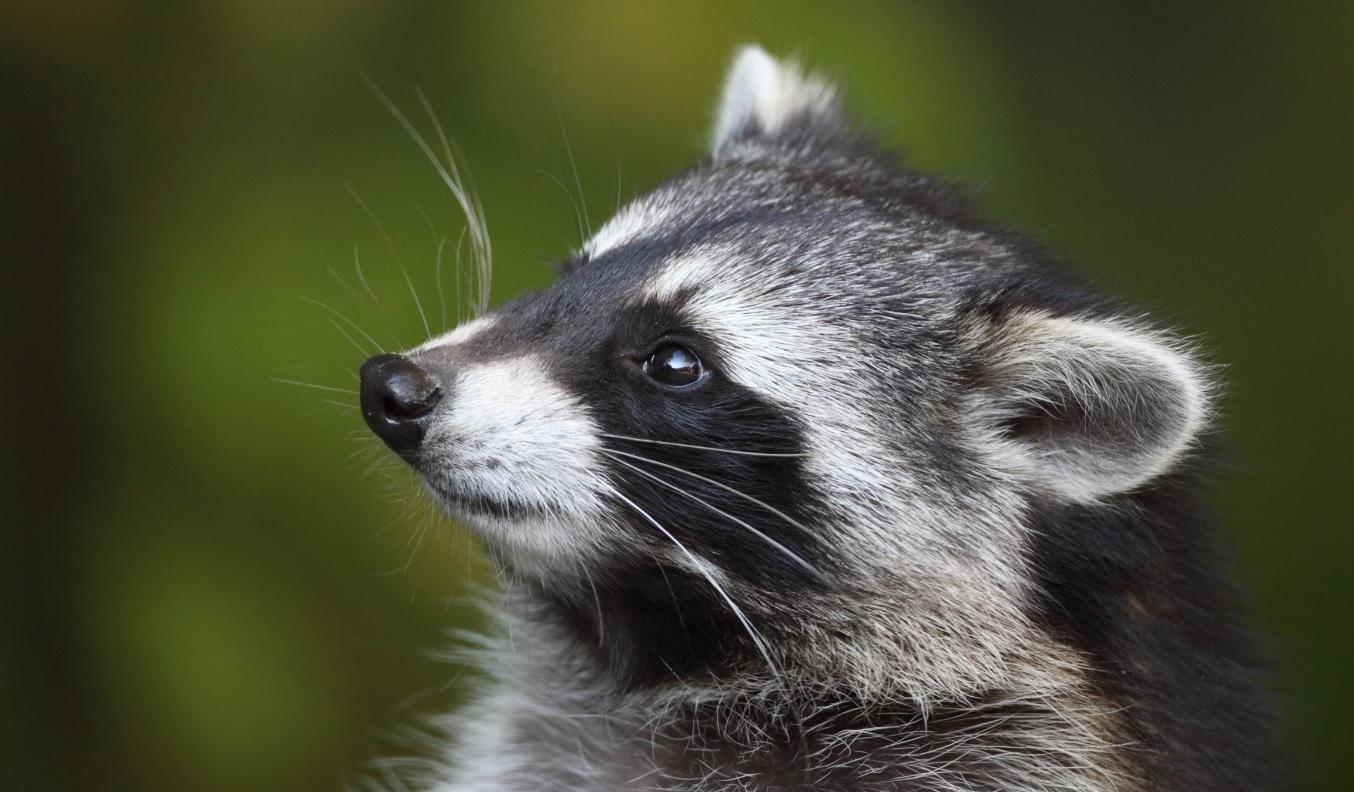Racoons as Pets: Guidelines and Tips

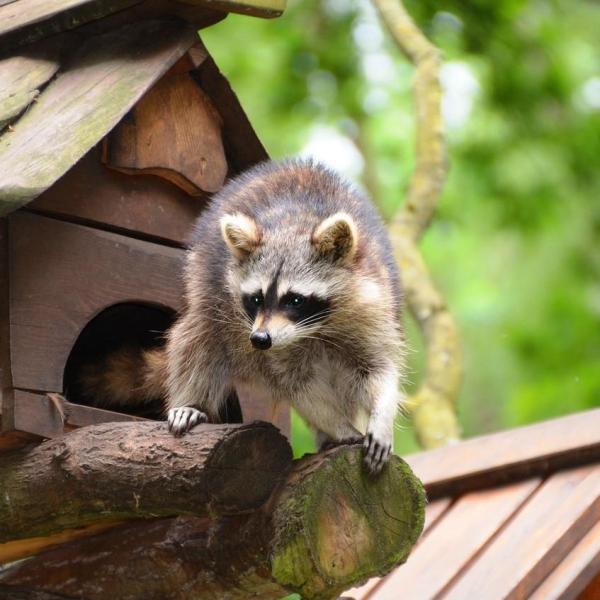
The raccoon is a wild animal of the Procynidae family native to North America. This omnivorous mammal is quite small - slightly larger than a domestic cat - with sharp claws and a thick ringed tail, and it's known as a scavenger or pest in some areas. Raccoons are quite adorable, and many people consider keeping one as a pet - perhaps influenced by the Disney movie Pocahontas.
However, you must know that raccoons do not behave like domestic animals at all. Before adopting raccoons as pets, you must take a look at the guidelines and tips that we at AnimalWised have compiled for you.
Can you keep raccoons as pets?
On different online pages you will find plenty of ads for raccoons breeders, but the reality is that you will not find them in pet shops in your neighborhood. Why is that?
The clearest answer we can give is that, to put it simply, raccoons aren't pets. A raccoon can't be trained like a cat or a dog, and it will never become truly docile.The best place for raccoons is the woods, their natural habitat.
It is true that the raccoon is a playful and docile mammal in its youth, but as an adult it can be aggressive with humans if not treated properly. Remember that far from their friendly look the raccoon also has teeth and claws, and will not hesitate to use them if it feels threatened.
If you still want to adopt a raccoon as a pet you must always get it as a juvenile kit, since that way you can train it and it will recognize you as family. This will not be at all possible with an adult raccoon.
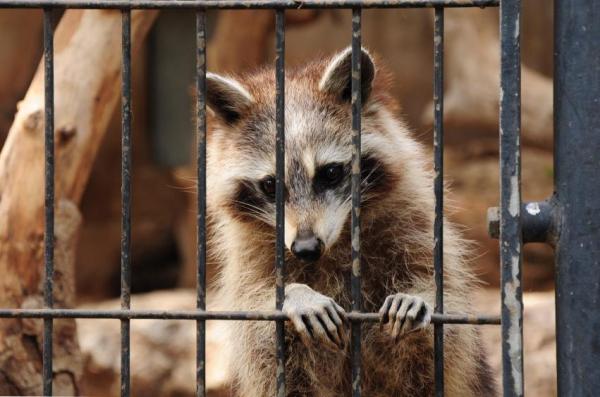
Where can I adopt a raccoon?
If you are determined to bring a raccoon into your home as an exotic pet, it is best to turn to specialized breeders in this atypical type of animals or turn to animal shelters. It will be essential that you invest time to inform yourself about the raccoon's origin and specific care requirements.
Some countries do not allow keeping raccoons as pets at all, while other places require a special exotic pet permit. Check your state's legislation.
If you go to a specialized breeder, remember to demand that the seller have the corresponding CITES certificate (Convention on International trade in Endangered Species). This certificate will assure you that your new pet will not get rabies and other diseases dangerous for you and your family.
We recommend not trusting private individual advertisements that circulate on the Internet. They will offer a young raccoon at a price of between 150 and 200 dollars or offer swapping it for another animal. These individuals do not have the CITES certificate and therefore can sell animals that may suffer some sort of illness or have parasites.
The best option if you want to have a raccoon as a pet is undoubtedly to go to an animal shelter. It happens that many times, people who were determined to adopt a raccoon have been overwhelmed by their character or behavior. If you want to do your bit to defend animal rights, start by giving an abandoned animal a second chance.
Caring for a pet raccoon
Raccoons cannot live in an apartment or a flat. If you definitely want to have a raccoon as a pet you must have a house with a garden and an exclusive space for the raccoon's use such as a large cage or even a room.
Your pet raccoon will need to spend long periods of the day in the garden, where ideally it will have trees to climb and a pond or fountain to "wash" its food. Raccoons love water, and in nature they wash fruits and crabs in the rivers before eating them.
The raccoon is an omnivorous animal, so it can be fed fruit, vegetables, chicken, turkey, clean fish and even cat food. Never feed it red meat. Its metabolism can process many different foods, but that does not mean you should give it any kind of product.
Raccoons need a minimum hygiene routine that consists of one to two baths a year. You should not bathe your pet raccoon too often, as its fur and skin may lose the layer of fat that covers its dermis and protects it. You should only bathe a raccoon with neutral shampoo, taking your time to rinse it well. You should also know that sometimes raccoons give off a strong odor.
Raccoons molt their fur once a year. We recommend you take special care to brush your pet raccoon regularly, especially during the molting period, in order to prevent stressful situations. You can do so with a wire brush, but be careful not to scratch the animal.
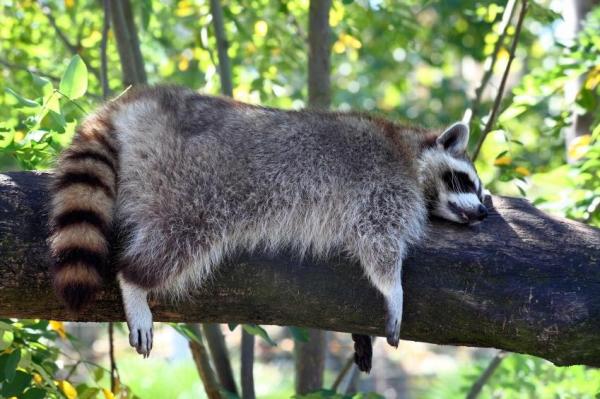
Raising and training a raccoon
We must try to instill in the raccoon good habits in both food and behavior from a young age. We will never scold with aggression. To tell a pet raccoon off, we will always use the same word, "no" so that it understands that something is not right. The raccoon is an intelligent and curious animal that will try to bite, scratch and climb any surface, furniture and object, so we must be prepared.
During the first few days of cohabitation we will watch our pet to control its behavior and prevent risks that it will, due to curiosity, want to take on.
We suggest that all those who want to have a raccoon as a pet go to a professional or expert to receive advice regarding their training, as you will need to make efforts to domesticate its behavior. Remember that if you have not acquired the raccoon as a kit it may show signs of aggression to anyone who tries to "repress" it - especially if it's a complete stranger.
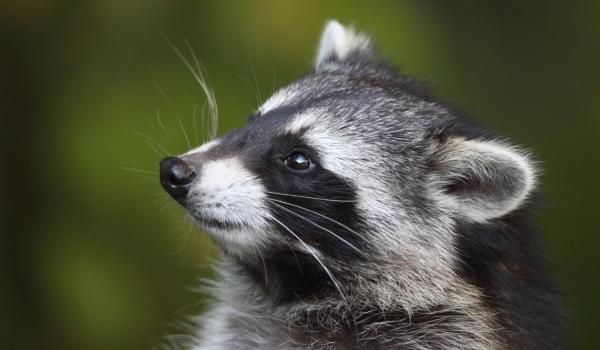
Common diseases in raccoons
Finally, it is important to know what are the most common diseases in raccoons so you can prevent them:
- Be careful with a parasite called Baylisascaris procyonis, typical of the species.
- Your pet raccoon must be vaccinated against rabies.
- Pet raccoons tend to suffer from obesity. Reduce the risk by taking special care with the raccoon's food and encourage it to exercise under your supervision.
- Raccoons may also suffer hip dysplasia.
To best keep the raccoon in good condition, especially in the face of illness, is to go to a specialist veterinary regularly and keep track of the health of the animal.
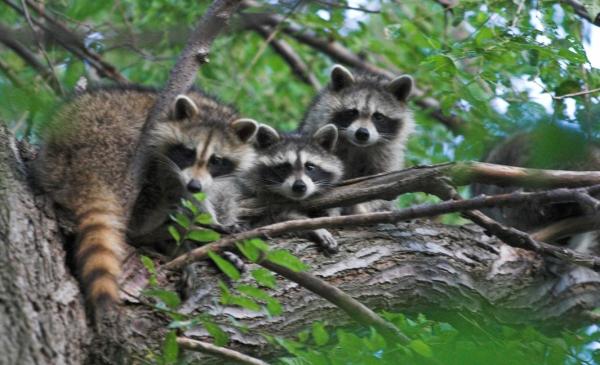
Finally we would like to remind you that raccoons aren't pets, even if on occasion we come across well-kept and friendly domestic individuals. It depends on each particular situation.
If you want to read similar articles to Racoons as Pets: Guidelines and Tips, we recommend you visit our What you need to know category.

